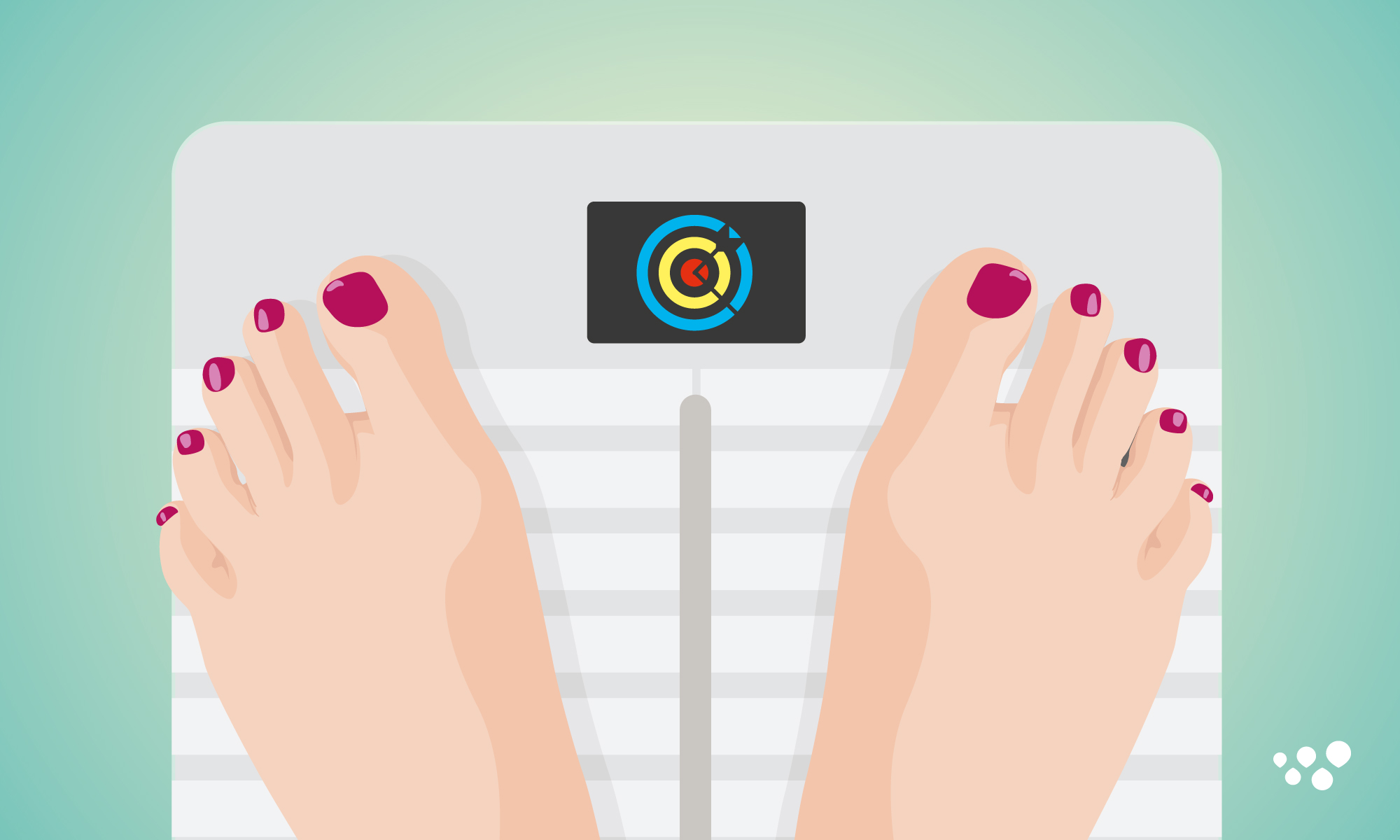
As the holiday season comes to an end, many of us are closing out the year with our jeans feeling a bit snugger than they were in January. Sure, we don’t regret indulging in stuffing, pumpkin pie, or Christmas brunch fare, but the season has certainly not been kind to our waistlines. So how are we to shed those few extra pounds in the new year? You may be surprised to hear that new year’s resolutions can actually work, if you do more than just think about a goal.
A look at last year’s data revealed that on average, all users dropped weight in the new year. However, users who set a target weight shed significantly more weight, logging a net weight loss of about 0.3% of their body weight between July 2015 and July 2016. On the other hand, those who did not set a target weight saw no net weight loss in that time frame, despite shedding some weight in January.
How does having a weight goal encourage weight loss?
Setting a weight target appeared to motivate users to be more active, as users with a weight goal walked about 1350 steps more per week than users without a weight goal. Additionally, having a weight goal encouraged users to step on the scale more often, a habit which also appears to lead to greater weight loss. In fact, users with a goal weight weighed themselves about 6% more often than users without a weight goal.
So if you put on a bit of extra weight over the holidays, don’t despair. Setting a new year’s resolution goal weight may actually help you lose weight not just in January, but over the year as a whole. Set a goal now, so that perhaps next year’s resolution can simply be “keep being awesome.”
Study Methodology
This study was conducted by Withings based on anonymous data from a pool of more than 100,000 users of Withings scales and more than 42,000 users of activity trackers in the US, Canada, Mexico, and the EU. Withings guarantees the confidentiality of personal data and protects the privacy of all its users. Therefore, all data used in this study is anonymized and aggregated.


